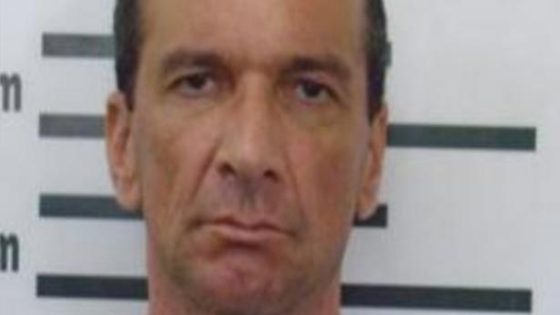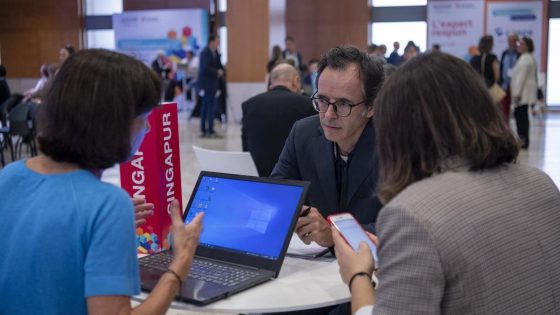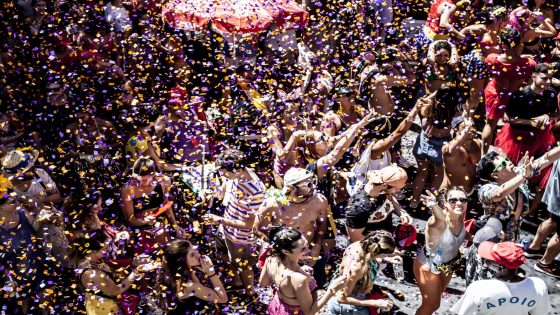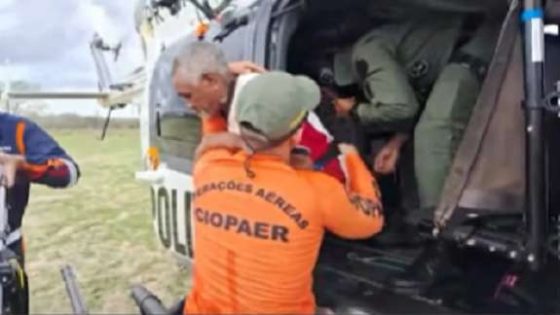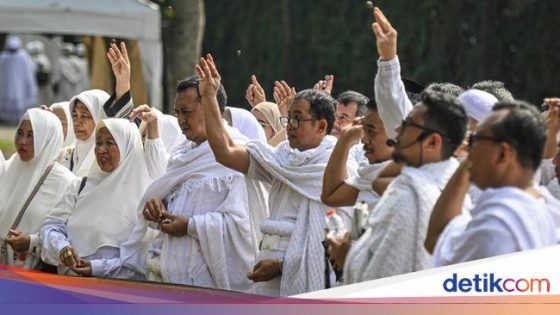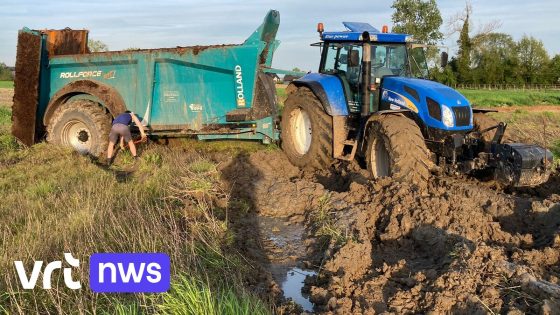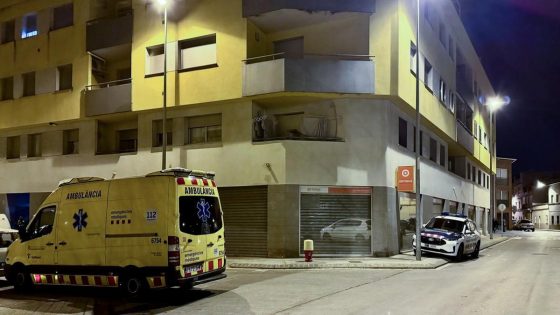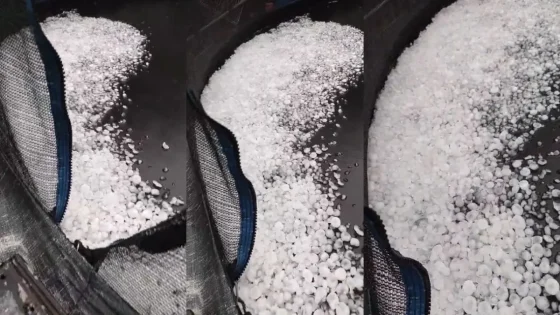In a surprising turn of events, Marcola, the notorious leader of the PCC, and Marcinho VP, a key figure in the CV, have reached a truce between Brazil’s two largest drug trafficking factions. This significant development was reported on February 13, 2025, and raises questions about the future of organized crime in Brazil. What could this mean for public safety and law enforcement?
- Marcola leads the PCC criminal faction.
- Truce established between PCC and CV.
- Negotiation confirmed by multiple sources.
- Sources from various Brazilian states involved.
- Marcinho VP directly linked to the negotiation.
Marcola and Marcinho VP’s Truce: What It Means for Brazil’s Drug Trade
How will this truce affect the ongoing battle between Brazil’s major drug factions? The agreement between Marcola and Marcinho VP could shift the landscape of organized crime in the country. With both factions historically at odds, their newfound cooperation may lead to a more stable environment for drug trafficking operations.
The Implications of the PCC and CV Truce on Crime Rates
The truce between PCC and CV raises concerns about the potential rise in drug-related activities. By uniting, these factions may streamline their operations, making it easier to distribute drugs across borders. This could lead to an increase in drug availability in both Brazil and the U.S.
Key Factors Influencing Drug Trafficking Post-Truce
Several elements will shape the drug trade following this agreement:
- Increased collaboration between factions may lead to more efficient drug distribution.
- Potential for violence as rival factions react to this unexpected alliance.
- Changes in law enforcement strategies in response to evolving crime dynamics.
- Possible shifts in drug prices and availability in both local and international markets.
What This Means for Law Enforcement in the U.S.
U.S. law enforcement agencies must remain vigilant as this truce could alter drug trafficking patterns. Increased cooperation between Brazilian drug factions might lead to more sophisticated smuggling operations. Authorities will need to enhance their monitoring systems and collaborate with international partners to combat these evolving threats.
Future Outlook: Will the Truce Hold?
The future of this truce remains uncertain. Will it lead to a lasting peace, or will underlying tensions resurface? As both factions navigate this new alliance, the impact on crime rates and drug trafficking will be closely watched by law enforcement agencies in Brazil and the U.S.
In conclusion, the truce between Marcola and Marcinho VP marks a pivotal moment in Brazil’s drug trade landscape. Its implications for crime dynamics and law enforcement strategies are profound and warrant close attention.



